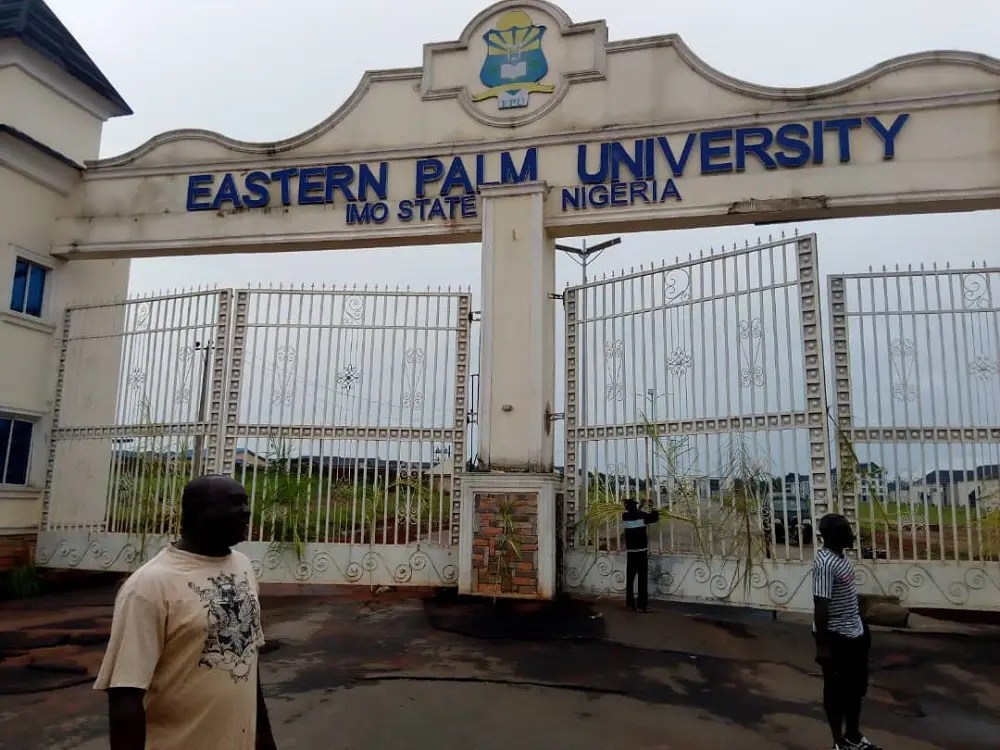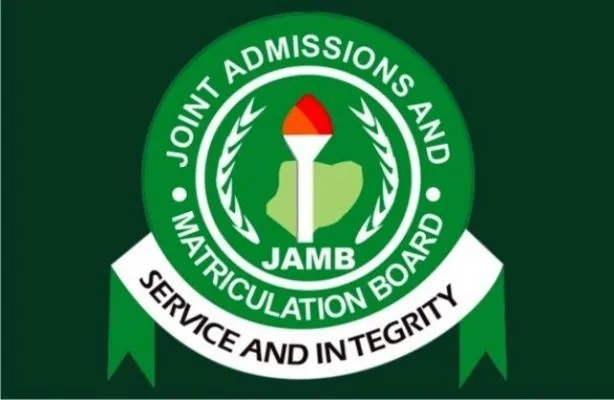
Many students who cannot afford the exorbitant fees in private universities find succour in some state varsities. But as it seems, some of the public institutions are not giving them a shoulder to lean on as some of them also charge high fees.
Though the tuition charged by the state universities are not anywhere close that of the private institutions, indigent students who attend the former often struggle to pay.
One of them is Adedamola Clement who is a student of the Ekiti State University, Ekiti State. He said he pays about N90, 000 per session.
According to him, the money comes from his uncle every session and he has to give him a month’s notification at the beginning of each session to allow him source for the money.
Clement added that it is not easy for his uncle to provide the money each session because he also has to cater for his own children who attend federal universities.
Similar Posts:
He said, ”I know it is tough for him especially because two of his children attend federal universities. My father is late while my mother survives through petty trading. I usually try in my own little way to do some menial jobs during vacation to augment whatever my uncle gives me and to support my aging mother. Education is crucial and I can never replace it with anything.’’
There was a protest in EKSU last year against a new fee regime. The Vice Chancellor of EKSU, Prof. Oladipo Aina, told The PUNCH then that the institution introduced a no-fee-no-lecture policy so that the students could pay their fees.
He said, “EKSU charges the least tuition fee, especially among state universities. Very few students have paid. We can no longer continue to run the university that way. If we wait till the examination period, they would plead through politicians, monarchs and clerics, and after allowing them to write exams, they would not pay.”
Kenneth Agbasi studies at the Lagos State University, Ojo. He stated that it is not easy paying the newly introduced tuition in the varsity. He added that as a full-time student, he finds it hard to engage in any other activity to assist himself financially.
He stated, ”I am not the son of a rich man. I do not have any other thing I do apart from schooling. As the second child of my parents, I am determined to go to school because my elder brother is not educated. To me, education is the only way to conquer poverty. Even if there is no job after graduation, it is only a matter of time, things will take shape. I will gain more as an educated person.’’
LASU’s case is a current issue in the education sector. The government jerked up tuition from N25,000 to between N195,000 and N350,000 per session depending on the course of study. Some stakeholders have condemned the new hike in fees while the government and school authorities have justified it in many ways.
The Interim Publicity Secretary of the Lagos State chapter of the All Progressives Congress, Mr. Joe Igbokwe, told SUNDAY PUNCH that parents should know that quality education does not come cheap.
Igbokwe said, ”Parents must know that standard and quality education must cost them something. The only way to beat poverty is to get good education.’’
Commenting on the tuition increase in LASU, the National Treasurer, Academic Staff Union of Universities, Dr. Ademola Aremu, however said education ought to be available, accessible and affordable to people.
Aremu stated, ”Education is something that should be made affordable, available and accessible to the people. Over 70 per cent of Nigerians are living on less than $2 per day, meaning that they live in poverty. Yet, we expect those people to send their children to school and pay school fees up to university level.’’
Students of LASU are still protesting against the hike.
Yemi Akinnibosi, who is a student of the University of Ilorin, Kwara State, said federal universities are still affordable compared to state universities. She stated that she could not have paid the fees charged by some state universities if she were a student of one of them.
”I don’t think I can pay the fee in a state university. State varsities are second in terms of being expensive after private varsities. They are run by the state governments with the state governors serving as visitors to them. Since the vice-chancellors are often appointed by them, one cannot expect the school authorities to take decisions contrary to that of the state governments. I paid N32, 500 in my first year, N20, 000 in my second year, N17, 000 in part-three and N15, 200 in part four. It keeps decreasing and the fee for my final year is the lowest, ‘’she said.
She further said it would be foolhardy on the part of any state university student to expect a downward review of tuition equating that of a federal institution.
”I don’t think state universities can charge fees that will either be lower to federal institutions or on the same level with them. There is even a disparity in the amount payable by indigenes of a state university and non-indigenes,’’ Akinnibosi added.
Her position was supported by an engineering student of the Olabisi Onabanjo University, Ago-Iwoye, Ogun State, Mr. Sunday Ayodele, who said those in his department pay between N60,000 and N90,000 per session.
Ayodele explained that the difference in the tuition was between indigenes and non-indigenes.
He said indigenes pay N60,000 per session while non-indigenes pay N90,000.
ASUU Chairman, EKSU, Dr. Ayan Adeleke, said state universities are expected to charge N50,000 as tuition. He stated that additional charges ranging from departmental to medical are often added.
Adeleke said, ”What I know is that, for state universities, students are expected to pay about N50,000 per session. But there are departmental requirements which are added to it. For example, a geography student will go for field trip. The charges cannot be added as part of tuition but it will be paid for, likewise those studying medicine. They will do practical work. I know that those in the faculty of arts pay less than N100, 000 in the university. ’’
Reacting to the development, Education Rights Campaign said it was not in support of tuition in public schools either they are run by a state or federal government.
Speaking through its President, Mr. Hassan Soweto, the group further said if the country’s resources were well managed, every state in Nigeria should be able to provide free and qualitative education for all students.
”Our position is that there should be no tuition in public institutions. We believe that every state, irrespective of location, should be able to offer quality education to its students. But this is not so because of the level of corruption and mismanagement which have taken education away from the reach of the ordinary man. We need to critically re-examine the way the country is administered, ’’ Soweto said.
Source: Punch




